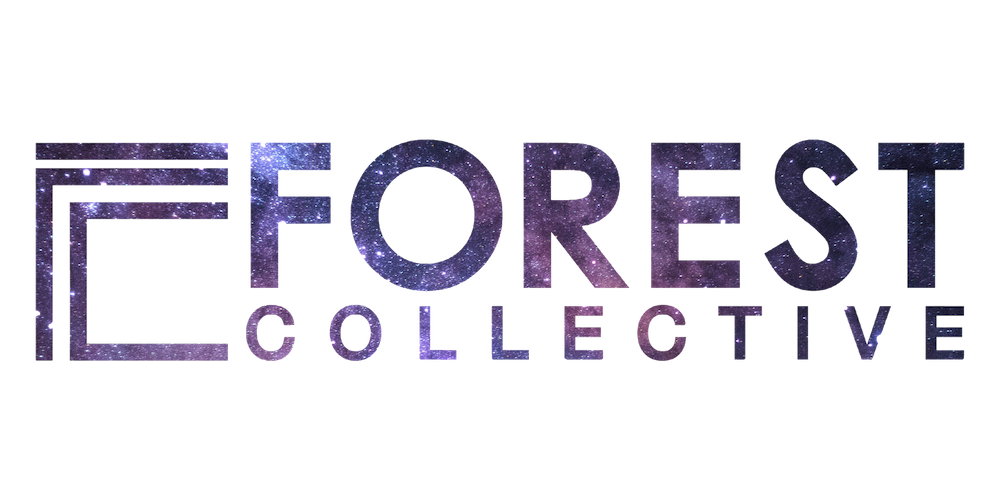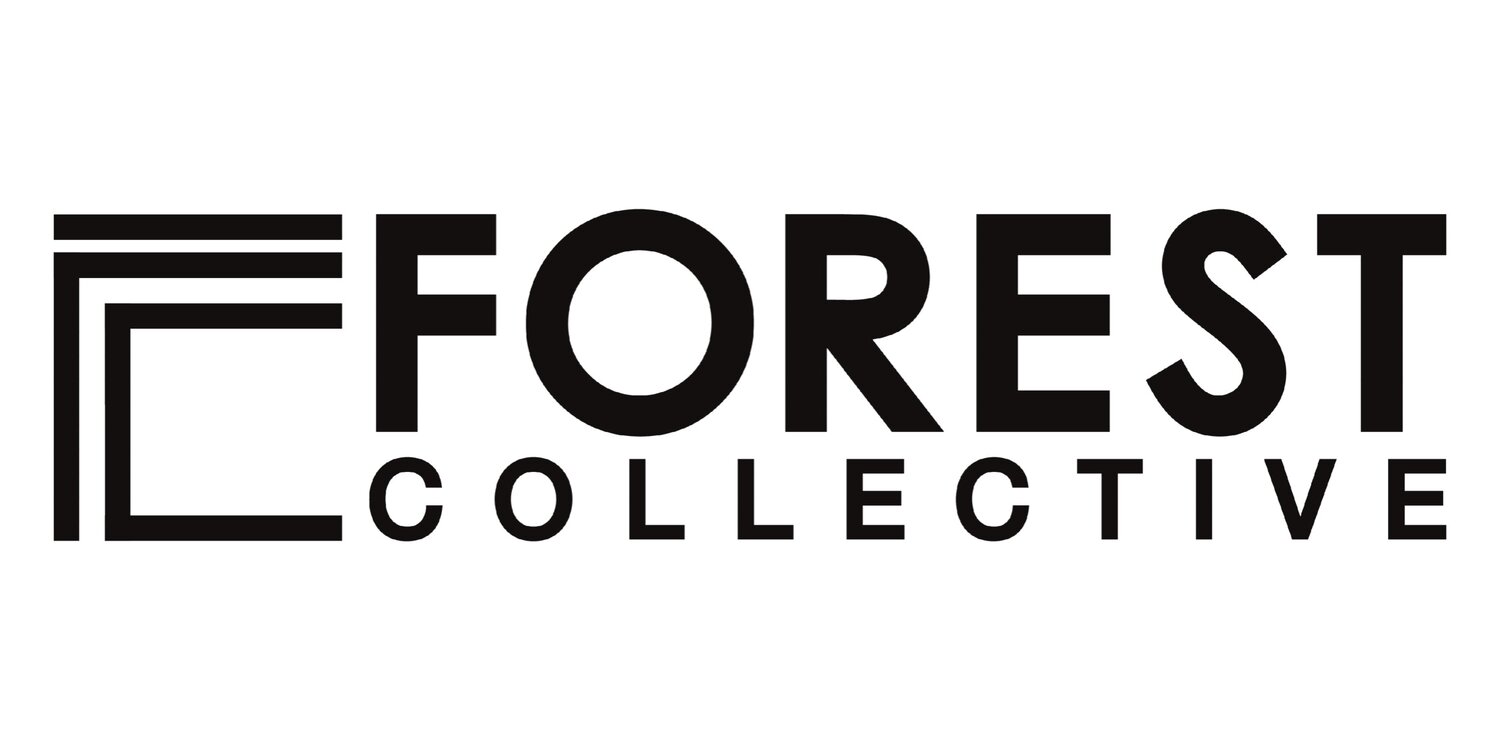Danaë Killian talks Maenad
Danaë Killian is a Melbourne-based pianist whose poetry-infused expressionist performances are known for their intense originality and interpretive power.
We’re delighted that Danaë’s work Maenad based on poetry by Sylvia Plath will be featured in Sun Songs & Cycles in November at Abbotsford Convent.
In the lead-up to this performance, I sat down with Danaë to get to know her and this new work better.
Tell us about your involvement in Forest Collective and the upcoming performance Sun Songs & Cycles.
Belonging to Forest Collective is one of the great good fortunes of my existence—creatively and intellectually, but also socially. I love the artistic freedom, social acceptance, and nurturing character of the Forest community, which is so, so, so warm. As a musician living with significant psychosocial disability, I find it particularly important to unfold my creative work in a welcoming, inclusively supportive, safe environment—something which Forest Collective provides in an exemplary and genuine way. Forest's commitment to representing female-identifiying, non-binary, and LGBTQIA+ creative voices is similarly of great importance to me personally. Alongside these generally wonderful human things, I am just constantly amazed by the immense talent of my Forest collaborators; it is a huge joy to be able to create music with such brilliant people! Sun Songs & Cycles will see me participate in the performance of seven works of spring-celebrating new music with the wonderful Forest Collective musicians, including the virtuoso piano solo Möbius by Howard Dillon, duos by Louise Trewartha, Margaret Sutherland, and John Adams, a new concerto grosso by Evan J Lawson, a larger ensemble work by Phillip Glass (arr. Lawson), and a composition of my own.
You've performed in a number of diverse events with Forest Collective, tell us about some highlights.
I've been performing with Forest Collective since 2016. I think for me the highlights are probably those programs in which, as pianist, I've had to learn an insane amount of complex new music in a short space of time; I thrive on this kind of challenge. It's very exciting to bring contemporary music viscerally to life under my hands in a live performance context, where mistakes are bound to happen, where audience concentration might be uncentred, focussing in and out—it's all just a bit messy compared to what is oftentimes (not always) an extremely precise and exacting musical score that seems to demand or assume 'perfection.' In the recording studio I would aim for that perfection. In live performance, one sacrifices the prospect of perfection to the intensity and unpredictability of the moment, and hopes—good-naturedly, as it were—for the best. I adore shaping music along a tensile aethetic border between ultra-details-focussed refinement of every element, and thrill-seeking, careless abandonment. So—my performance highlights with Forest Collective would probably be the Shifting I and II programs of 2022, in which I got to play a lot; and perhaps the Gala concert at the end of 2018, which was a loosely curated but very rich program of mostly premiere performances. The ongoing, evolving project of presenting Schoenberg's Pierrot Lunaire from various angles and in various portions is a kind of mellow, sustained 'light' if not strictly a 'highlight' of my involvement with Forest Collective over the years.
You are known as a champion of music from the “second Viennese school,” and contemporary music more broadly. Tell us what draws you to this repertoire.
The music of the Second Viennese School answers my soul's voracity for a language of expressive saturation and textural compression—it is difficult to find words for what I mean, but it is something like completeness, like an exhaustion of all resources—if one can imagine 'exhaustion' in a non-negative, aesthetic way... I am going to make a strange analogy, but I do so to relieve my explanation of some of its abstraction: what I meet in Schoenberg, in Webern, and to a slightly lesser extent in Berg, is very similar to what my appetite meets when it bites into an apple core, with its roughness and its essentialness, its centrality and seminal futurality, and its bitterness: it's more satisfying and more potent than the taste of the apple's sweet flesh. As for my relationship with contemporary music, I like being able to approach the performance of music unburdened by the sheath of historical interpretations that builds over time, and through which one's own performance is inevitably heard and critiqued by others. Playing a piece for the first time means making a lot of creative decisions for the first time—it is never just a matter of following the instructions in the score. Such creative decisions are to a large extent unconscious when I play a 'canonical' work such as a Beethoven Sonata or the Goldberg Variations—I try to be awake and free, as much as I can, but it is just a fact that my interpretation cannot begin from a position of naivety; certain assumptions, certain parameters, are 'set' by tradition. Contemporary music allows more flexibility and creative participation on the part of the performer, and this is something vital for me in my existence as a pianist. Of course, playing new music is important as a service to living composers, too, and it is necessary for a future of music performance that isn't solely a curation of historical musical artefacts.
We are delighted to perform your work Maenad for the second time. Tell us about this work, how it came about and if it has changed since we premiered the piece in 2019.
Maenad is an aleatoric musical composition, written in the form of instructions for an improvisation for female speaker with "very small ensemble of unspecified instrumentalists." On one level Maenad can only 'exist' in the future, as something awaiting a realisation that will always be other than its potential realisation in some other moment in time, and which, crucially, will always fail to follow the composer's instructions. What I have written is never going to be what is performed; hence the necessity of 'failure' is built into my instructions, as a necessity of the future's multiplicity of ways and means, which only become singular in the moment of performance, which, in its singularity, disappoints. So of course Maenad performed in 2022 will be different from its 2019 premiere performance; it will fail, very differently, to heed very similar compositional instructions.
Maenad belongs also to a genre that I've been exploring quite expansively of late, which is creative writing that functions both as provocation for musical performance and as stand-alone text that can be read and enjoyed without instrumental realisation, perhaps as a fiction, perhaps as literary scholarship.
As literary interpretation, Maenad imaginatively follows the trajectory of Sylvia Plath’s seven-part Poem for a Birthday, which, in its mystical density and complexity, prefigures the narrative of alchemical self-transformation that propels the later, more famous Ariel.
Maenad was conceived with the members of Forest Collective in mind, and a preliminary, exploratory version of the piece was performed by Forest Collective musicians Helen Bower (violin), Ali Fyffe (saxophone), Trea Hindley (trombone), and me (piano), in 2019. Since then, the composition has been refined and expanded; and the revised Maenad was published in the academic journal Plath Profiles in 2020. I'm pleased to announce that the Estate of Sylvia Plath has granted permisssions for significant portions of Plath's poem to be spken aloud during Forest's forthcoming performance of Maenad in Sun Somgs & Cycles. The instrumentation is expanded from 2019 to include Kim Tan (flute), Phoebe Smithies (horn), Zela Papageorgiou (percussion) and Rosanne Hunt (cello) as well as the original ensemble.
The work of Sylvia Plath (1932-1963) is key to this piece. How did you discover her work and what inspired you to use it in this piece?
I discovered Sylvia Plath’s poetry after a romantic break-up in my teens: the other party said they were reading Plath in the wake of our break-up, and of course I was curious. I went into the Carlton Readings and opened Plath’s Winter Trees, reading Child. The music and imagery of Plath’s lines in Child, in particular its Apollonian weave of light and darkness, sounded to me like Mozart, and something very deep in me trembled with this discovery, as though Hades had opened. And I went out onto the street in a near daze, and I ran; I could no longer just walk. Thus began a long, intense relationship with Plath’s work, which has taken me to the wonderful Plath Archive at Smith College several times and resulted in a number of major Plath-inspired performance research projects in the USA, Australia, and China.
Plath wrote Poem for a Birthday (1959), on which Maenad is based, as a transformative exploration of her experience some years earlier recovering from a suicide attempt. Poem for a Birthday is widely regarded as Plath's 'breakthrough' poem. Having recently spent several months in psychiatric hospitalisation myself, I am keenly interested in Plath’s often ambivalent yet always brave confrontation, in Poem for a Birthday, with states and processes of psychical illness and healing - a healing which is effected not least through Plath’s creative engagement with an elementally imaginative language. Simply said: Plath inspires me with hope.

